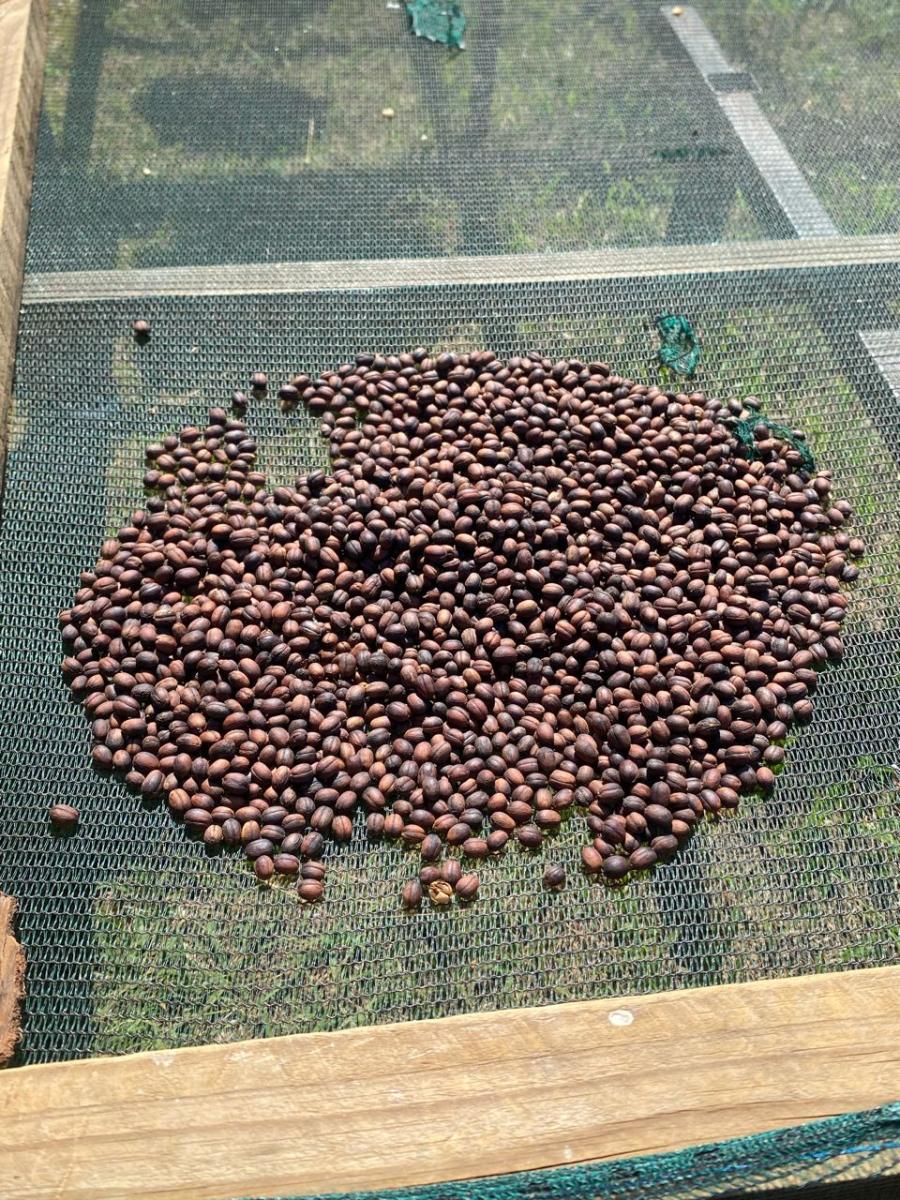his paper contributes to emerging research on the impacts of climate change on communities in the Global South by mapping and analyzing its impacts on rural livelihoods in semi-arid Matobo District in Zimbabwe. It investigates the possibilities and scope for climate change adaptation in this region as communal households adjust and diversify their livelihood portfolios. In so doing, it finds that climate change has had remarkable consequences on the livelihoods of people in this semi-arid area. It has altered the ecosystem leading to the disappearance of certain plant and insect species that were an essential part of the local natural habitat and livelihoods of local people. Rainfall patterns have also become unpredictable leading to erratic, mostly, poor farming seasons with direct implications on the local food system and rural economy. In response to these climate change induced impacts, a variety of new livelihood strategies are emerging as households seek to cushion themselves against this threat to their sustainability. However, a pertinent question is: how far can these adaptation strategies evolve under the increasing pressure of climate change impacts? In other words, are these communal households urging towards tipping points?
University of Fort Hare
Livelihoods,
Climate Changes,
Adaptation
Zimbabwe
Moyo, P. and Dube, T. (2014), “Edging towards a tipping point? An appraisal of the evolution of livelihoods under climate change in semi-arid Matobo, Zimbabwe”, International Journal of Development and Sustainability, Vol. 3 No. 6, pp. 1340-1353.






